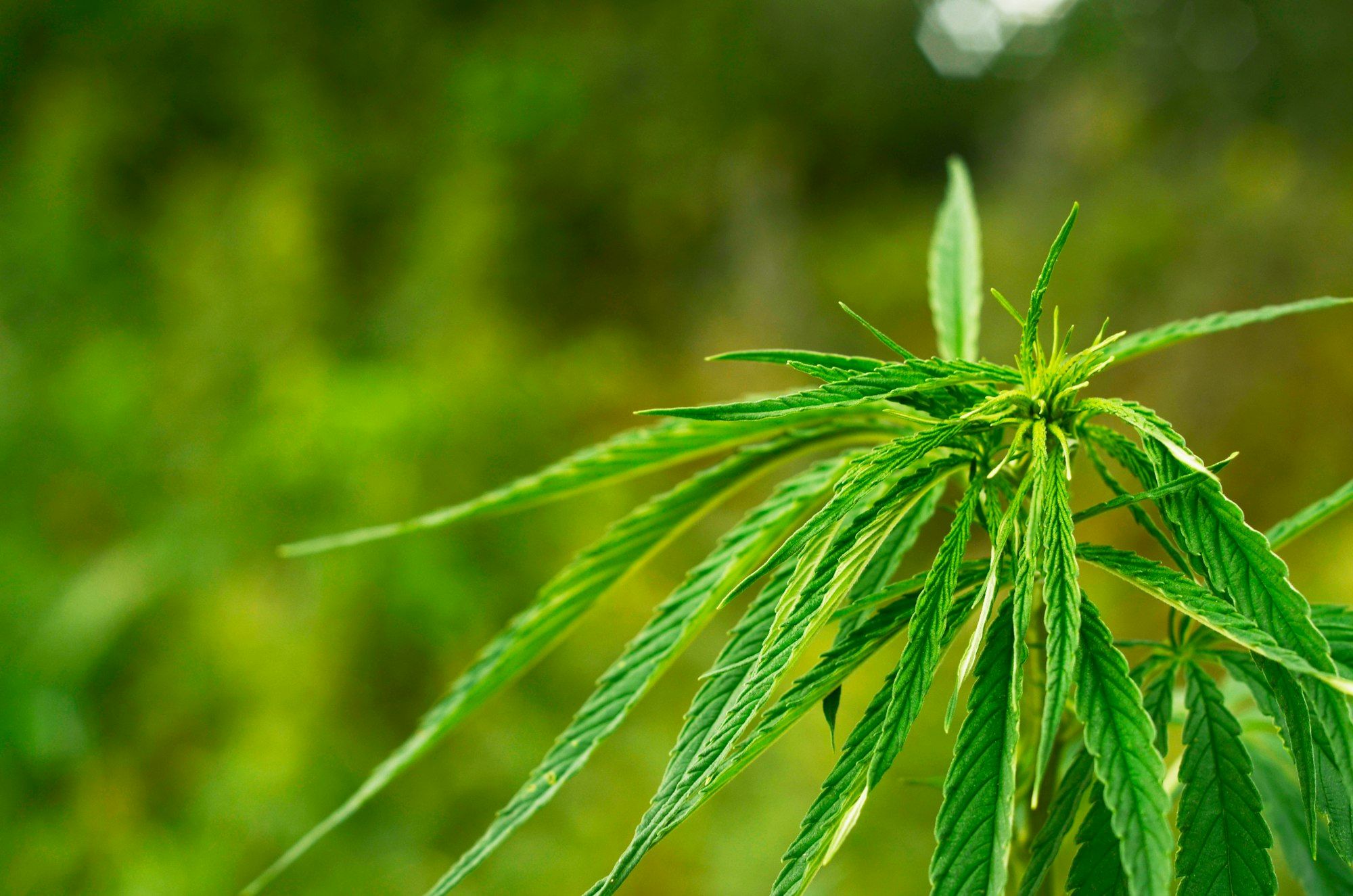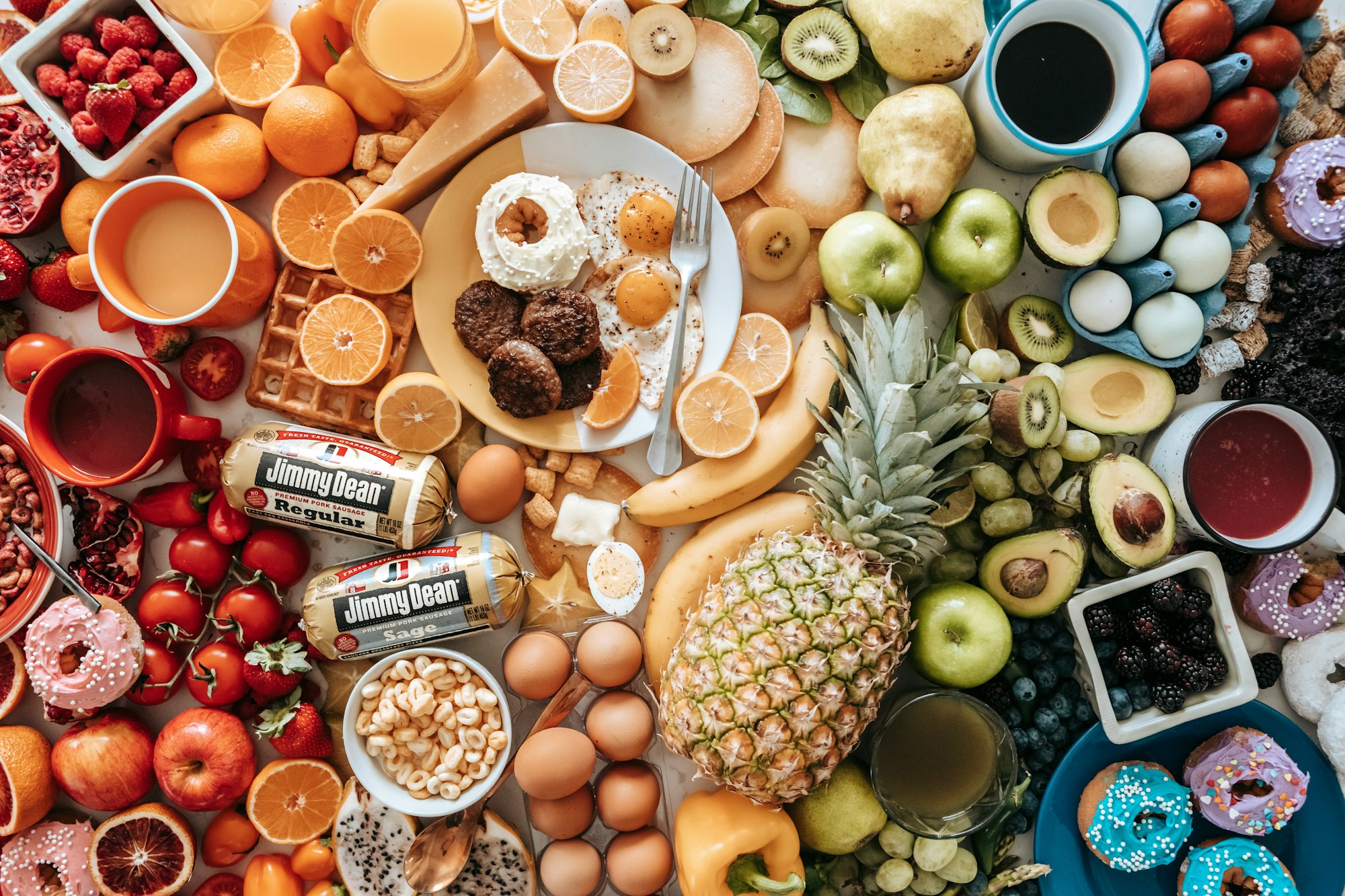Industrial hemp: The overlooked opportunity in Germany's protein strategy
In view of increasing concerns about food security and needed climate adaptation in agriculture, the German politics intend to strengthen the domestic production and commercialisation of alternative proteins. However, one plant with great potential has been largely ignored: Industrial hemp.

In light of growing concerns about food security, climate adaptation, and sustainable agriculture, the Federal Ministry of Food and Agriculture (BMEL) has announced plans to strengthen the domestic production and marketing of alternative proteins. The stated aim is to reduce dependency on imported crops—especially soy—and to promote more regionally adapted and environmentally resilient alternatives.

At the core of this strategy are leguminous crops such as lupins, peas, and fava beans. These plants have long been promoted for their nitrogen-fixing qualities and their contribution to soil fertility.
But according to agronomist and innovation manager Annkathrin Wahbi, the current focus is too narrow. One plant with significant potential remains largely overlooked: industrial hemp.

The already established leguminous crops have a clear value in protein supply chains, but they are not without limitations—particularly in terms of regional adaptability and environmental impact.
Wahbi argues that this is where industrial hemp (Cannabis sativa L.) can and should step in. As a non-leguminous crop with high protein potential, industrial hemp grows well in a variety of European climates and, unlike soy, which often requires extensive irrigation, fertilisers, and specific climatic conditions, industrial hemp is robust, grows vigorously on various soil types while requiring little water and thriving without the use of pesticides or herbicides. It also improves soil health, supports biodiversity, and captures significant amounts of carbon—all essential traits for farming in the age of climate adaptation.

Despite these advantages, industrial hemp remains excluded from current subsidy frameworks for protein crops in Germany. This exclusion is not based on agronomic shortcomings, but on a regulatory framework that has yet to catch up with the crop’s multifaceted benefits.

More than protein - but structural barriers remain
The call to include hemp in the protein strategy is not just about nutrition. Industrial hemp is one of the few crops that can be used in its entirety. Its seeds are a rich source of easily digestible protein, while the fibres and hurds serve as raw materials for textiles, construction materials, and bioplastics. Its flowers, depending on the regulatory context, can be processed for cannabinoid extracts with medical or wellness applications.
This broad usability makes industrial hemp a strategic crop for the bioeconomy—a field the German government also aims to strengthen. By not including industrial hemp in its protein strategy, policymakers risk missing out on synergies that could benefit multiple sectors simultaneously: food production, sustainable industry, and climate-resilient agriculture.

Still, industrial hemp’s potential can only be realised with targeted investment. Wahbi emphasises the need for improved processing infrastructure, more public research into hemp varieties and applications coupled with further destigmatisation and legislative support for a clearer regulatory path that moves beyond the plant’s historical stigma. Current legal ambiguities and outdated licensing systems remain hurdles for farmers and investors alike.
While the 2021 coalition agreement between the CDU, CSU, and SPD includes language in favour of sustainable proteins, it remains vague on the role of crops outside the legume family. Wahbi warns that this oversight could lead to a missed opportunity if industrial hemp is not systematically included in funding instruments and national planning.

A broader definition of “Protein Strategy”
A modern protein strategy cannot afford to be narrow in scope. With growing pressure on global food systems, increasing demand for plant-based alternatives, and the need for ecological resilience in farming, the inclusion of crops like industrial hemp should no longer be optional—but a pragmatic necessity.
Policymakers have the tools to correct the oversight. By expanding funding eligibility to include non-leguminous plants like industrial hemp and integrating their cultivation into strategic frameworks, Germany could diversify its agricultural base, reduce dependency on imports, and support a more circular economy.

Hemp is not a silver bullet—but it is a serious contender. Ignoring its protein potential risks leaving a climate-resilient, regionally adapted, and economically versatile crop out of the very strategies meant to future-proof food and farming.

